The Dark Web, often portrayed as a shadowy corner of the internet, plays a surprisingly vital role in supporting journalists, especially when it comes to protecting their sources. This clandestine network, which operates beyond the reach of traditional search engines and relies on specialized software like Tor, offers a unique blend of anonymity and security that can be crucial for journalists working in environments where their safety or the safety of their sources is at risk. For investigative journalists, especially those covering sensitive topics such as corruption, human rights abuses, or organized crime, the need for confidentiality is paramount. In many countries, exposing such issues can lead to severe repercussions, including threats to personal safety, legal retaliation, or even violence. The Dark Web provides a layer of protection that is not easily available through conventional online platforms. It allows journalists and their sources to communicate anonymously, thus shielding their identities from potential adversaries.
One of the primary tools that journalists use on the hidden wiki Dark Web is secure communication platforms. These platforms are designed to ensure that messages are encrypted and that the identities of both parties remain hidden. For example, encrypted messaging services and secure email providers on the Dark Web offer robust protection against surveillance and interception. This means that even if a journalist’s activities are being monitored, the content of their communications and the identities of their sources remain protected. Moreover, the Dark Web provides a haven for whistleblowers and sources that might otherwise be too afraid to come forward. Many of these individuals are at significant risk if their identities were to be exposed. The anonymity offered by the Dark Web allows them to share information without fear of immediate repercussions. Whistleblowers can leak documents, provide critical information, or offer testimonies without their personal details being traced back to them.
In addition to communication tools, the Dark Web hosts forums and communities where journalists can seek advice, share experiences, and connect with others who are navigating similar challenges. These spaces are often populated by professionals who understand the unique risks involved in investigative journalism and can offer support or guidance on best practices for maintaining security. However, it is important to note that the Dark Web is not without its risks and challenges. It can be a double-edged sword, as the very anonymity that protects sources can also shield those engaged in illegal activities. Journalists must exercise caution and due diligence to ensure that their activities remain ethical and legal. In summary, while the Dark Web is often associated with illicit activities, it also provides crucial support to journalists by offering secure communication channels and anonymity. This protection is essential for maintaining the confidentiality of sources, especially in high-risk environments, and ensures that important information can be shared and investigated without compromising the safety of those involved.


